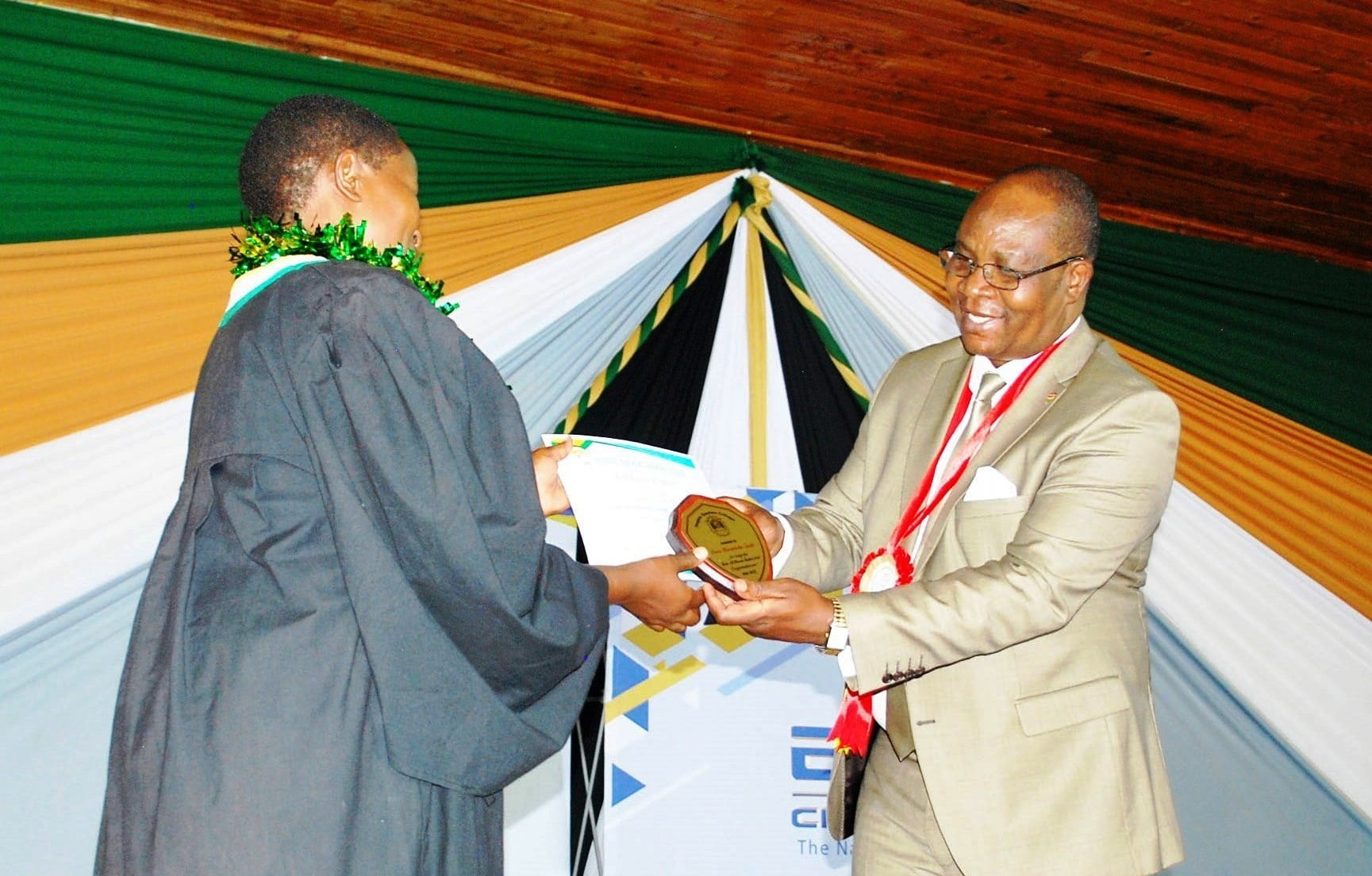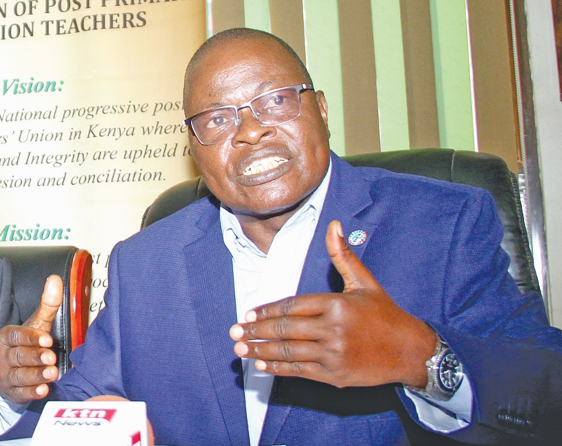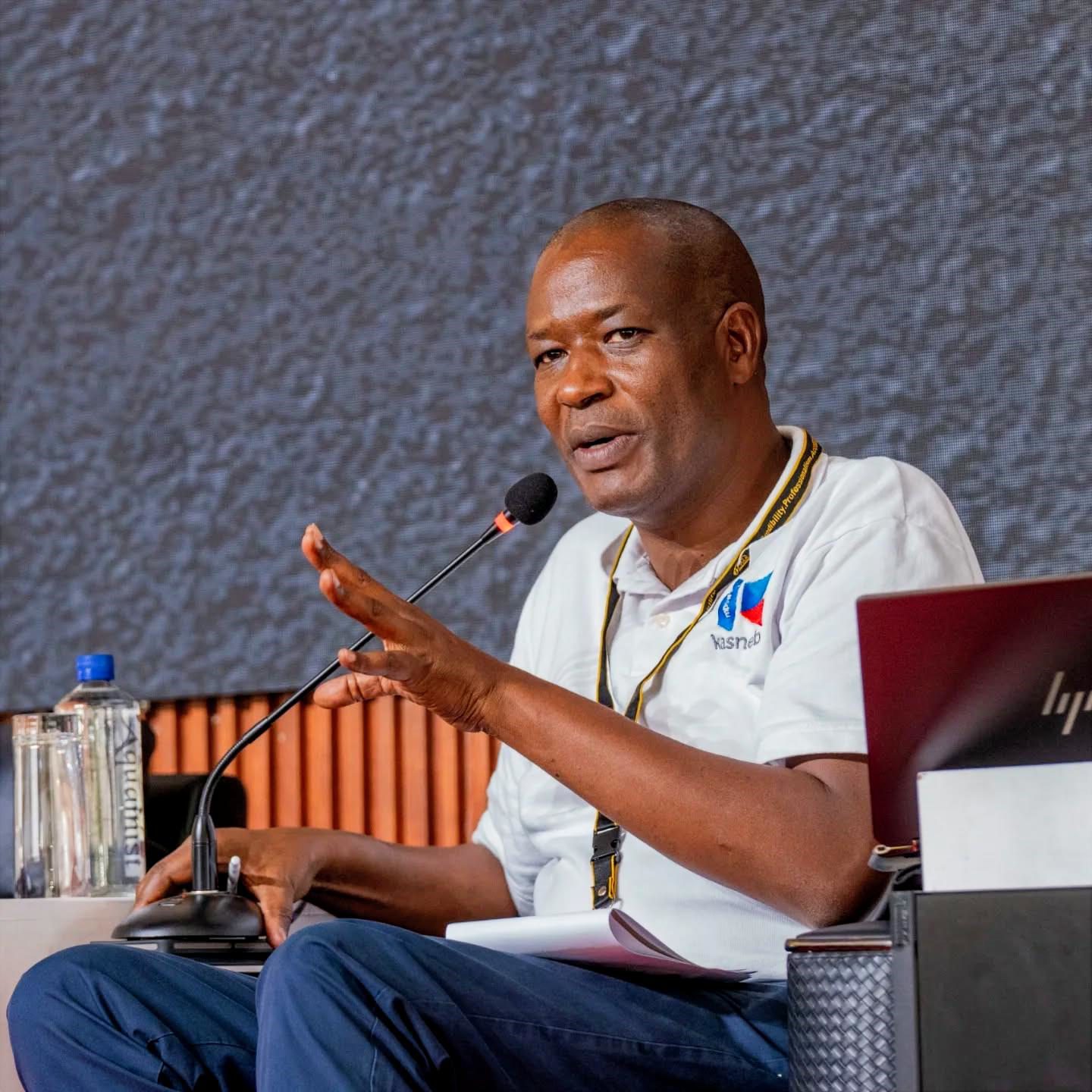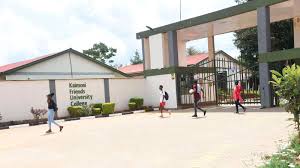By Obegi Malack
obegimalack@gmail.com
Details have emerged of the shape that Junior Secondary School (JSS) will look like, with learners expected to take 12 core subjects and choose a minimum of one and a maximum of two from the provided optional subjects according to personality, ability, interests and career choices.
According the Kenya Institute of Curriculum Development (KICD) Teacher Training Manual seen by Education News, Junior Secondary (Grade 7-9) learning areas are English, Kiswahili / Kenyan Sign Language (for learners who are deaf), Mathematics, Integrated Science, Health Education, Pre-technical and Pre-Career Education, Social Studies (Citizenship, Geography, History), Religious Education (CRE/IRE/HRE/PPI), Business Studies, Agriculture, Life Skills Education, and Sports and Physical Education.
This level will expose learners to a broad-based curriculum so as to explore own abilities, personality and potential as a basis for choosing subjects according to career paths of interest at the Senior Secondary School (SSS).
The focus will therefore be on the breadth rather than the depth of the subjects. Furthermore, learners will undergo a rigorous career guidance programme to enable them make informed choices as they transit to SSS.
That is as far as the core areas are concerned.
On the optional subjects, learners will be expected to choose at least one and utmost two subjects from the following: Visual Arts, Performing Arts, Home Science, Computer Science, Foreign Languages- German, French, Mandarin, Arabic, Kenya Sign Languages and Indigenous Languages.
CBC is learner-centered. Teachers facilitate learners to think, solve problems, evaluate evidence and arguments, and generate hypotheses.
Teachers should have the ability to recognize the diverse learning needs of the learners and address them through rich learning experiences.
CBC requires teachers with the ability to employ formative assessment for diagnostic purposes as well as for planning and improving learning.
Teachers will be required to mainstream Pertinent and Contemporary Issues (PCIs) in their learning areas based on experiential learning and inquiry-based approaches.
The acquisition of values and psychosocial competencies will enable them deal with behavioural crises of the learners.
Teachers will have the capacity to identify learners’ abilities and individual needs, as well as use methods that encourage all learners to participate in the learning process, including learners with disabilities.
CBC identifies Digital Literacy as a cross curricular competency. Therefore, teachers should be conversant with the application of varied ICT tools for use in the learning process.
In addition, Community Service Learning (CSL) is another tool to be used, which is a strategy in teaching and learning that integrates meaningful community service with instruction and reflection to enrich the learning experience, teach civic responsibility and strengthen community participation.
Teachers should be able to use innovative approaches and skills to facilitate CSL.
In Parental Empowerment and Engagement (PEE), teachers and parents are partners in child’s learning process. Teachers should possess skills of creating partnerships with parents to facilitate participation in their children’s education.
In Communities of Practice Teachers (CPT), teachers should have the ability to interact with colleagues with a view to learning from each other and improving instruction.
And when Quality Teachers Circles (QTC) become the norm, teachers engage in joint activities and discussions, share information, resources and aim at generating and sustaining professional development.






